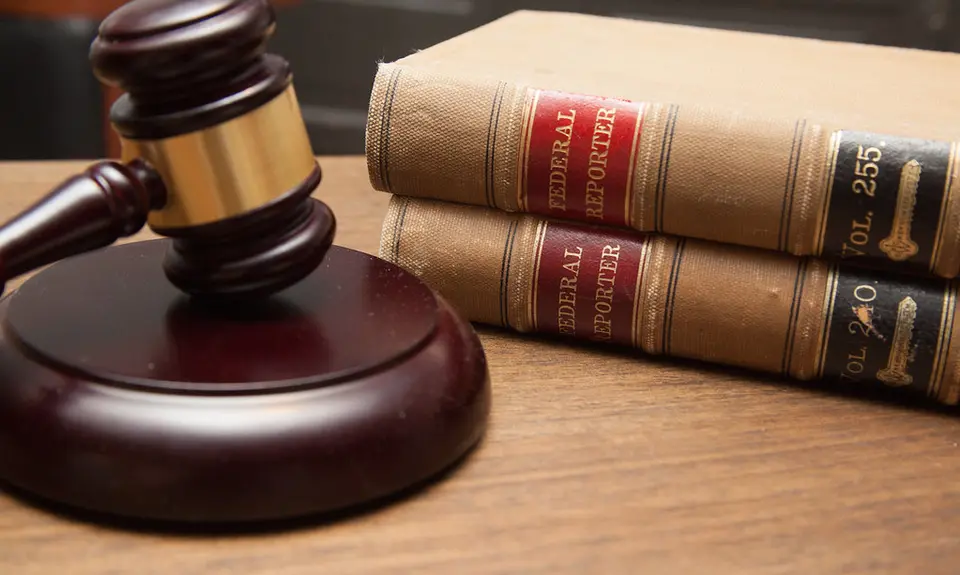Judge Jennifer Sung, who was nominated by President Biden to the Ninth Circuit court of appeals, wrote a 2-1 opinion that upheld a large settlement between borrowers and the federal government concerning student loans, rejecting an appeal by for-profit university groups who objected to the settlement. Trump judge Danielle Forrest joined the opinion, but Trump judge Daniel Collins dissented and would have held for the for-profit universities. The November 2024 decision was in Sweet v Cardona.
What happened in this case?
Since the 1990s, the Department of Education has operated the Borrower Defense (BD) program, which allows federal student loan borrowers to apply for discharge of their student loan debts based on “wrongful acts or omissions” by the schools they attended. By 2019, there was a backlog of more than 210,000 applications, and the Department had “stopped adjudicating” BD applications.
In 2019, borrowers filed a class action on behalf of more than 500,000 federal student loan borrowers against the Department, contending that its actions violated federal law. After extensive negotiations, the parties reached a settlement in 2022. A number of for-profit universities and groups representing them objected, however, contending that they were injured because an appendix to the settlement listed them as having “strong indicia” of “substantial misconduct,” allegedly damaging their reputations.
Although the schools were not parties in the case or the settlement, the district court considered their written objections and allowed them to participate in the final fairness hearing on the settlement. The court rejected their claims and approved the settlement. The schools appealed to the Ninth Circuit..
How did Judge Sung and the Ninth Circuit majority rule and why is it important?
In a 2-1 decision, Judge Sung and the Ninth Circuit majority affirmed the district court, approved the settlement, and rejected the schools’ objections. She explained that according to well-established precedent, parties who are not participants in a settlement lack prudential standing to object to a settlement unless they show that they will “sustain some formal legal prejudice as a result of the settlement.” This occurs, she continued, only where the settlement “formally strips a non-settling party of a legal claim or cause of action,” which was clearly not the case here. Individual schools may be able to later file later lawsuits to seek to redress any actual reputational harm they suffer, Judge Sung noted, but this does not allow them to prevent the district court’s “approval of the settlement” in the first place.
Judge Sung’s opinion is obviously important to the 500,00- student loan borrowers who will benefit from the settlement with the Department of Education. It may also be helpful in other cases in which non-parties seek to stop settlements, particularly in the Ninth Circuit, which includes California, Alaska, Arizona, Hawaii, Idaho, Montana, Nevada, Orgon, and Washington. In addition, the decision serves as a reminder of the importance of confirming fair-minded judges to our federal courts.
